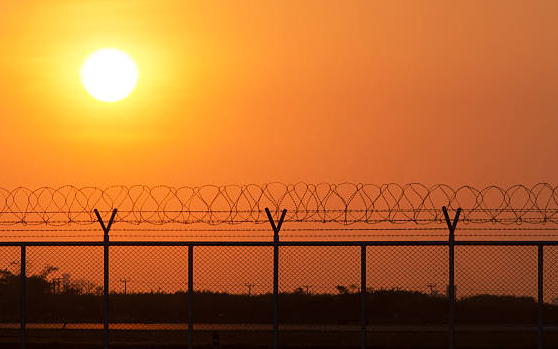In a controversial decision that has sparked international criticism, Russian authorities have handed down prison sentences to a renowned activist and poet who openly voiced opposition to the conflict in Ukraine.
Artyom Kamardin, aged 33, was found guilty by Moscow’s Tverskoy District Court of inciting hatred and undermining national security through the public performance of his poetry.
The court ruled that Kamardin, along with his associate Yegor Shtovba, violated Part 2 of Article 282 of Russia’s Criminal Code in 2022 by reciting anti-war poems in public. This particular legal provision addresses hate speech and extremist activities.
The court deemed their actions as illegal incitement and extremism, resulting in a seven-year prison term for Kamardin and a 5.5-year term for Shtovba.
In September 2022, Kamardin garnered widespread attention when he and a group of associates recited a series of impactful anti-war poems near a statue of poet Vladimir Mayakovsky in downtown Moscow. The performance drew hundreds of spectators. Reflecting the government’s growing intolerance for dissent, Russian police swiftly intervened, attempting to disperse the crowd. Kamardin and his companions made a hasty escape on foot.
According to Leonid Solovyev, the young poet’s legal representative, the subsequent events were nothing short of astonishing. On the late evening of September 26, as Kamardin relaxed at home with his girlfriend, Anna Popova, and close friend Aleksandr Menyukov, riot police forcibly entered the residence to apprehend him.
According to Solovyev’s account, the officers proceeded to violently assault everyone in the home, culminating in a disturbing incident where Kamardin was allegedly sexually assaulted with a dumbbell.
The Russian police have not officially confirmed or refuted these accusations. It is noteworthy, however, that Solovyev informed Current Time TV just a day later that his client had been hospitalized due to a concussion sustained during the alleged assault.
The sentencing of Kamardin and Shtovba is reigniting discussions about freedom of expression in Russia. Their case underscores a concerning trend of suppressing dissenting voices under the pretext of maintaining national security and public order. Yet, they are not the sole instances of the government’s ongoing efforts to stifle critics.
Svetlana Prokopieva and Denis Kamaliagin, journalists originating from Pskov, have experienced firsthand the repercussions of this crackdown. On March 18, riot police carried out home raids without a court order, purportedly in reaction to an anonymous Telegram message that criticized the regional governor’s depiction of soldiers’ deaths in Ukraine.













